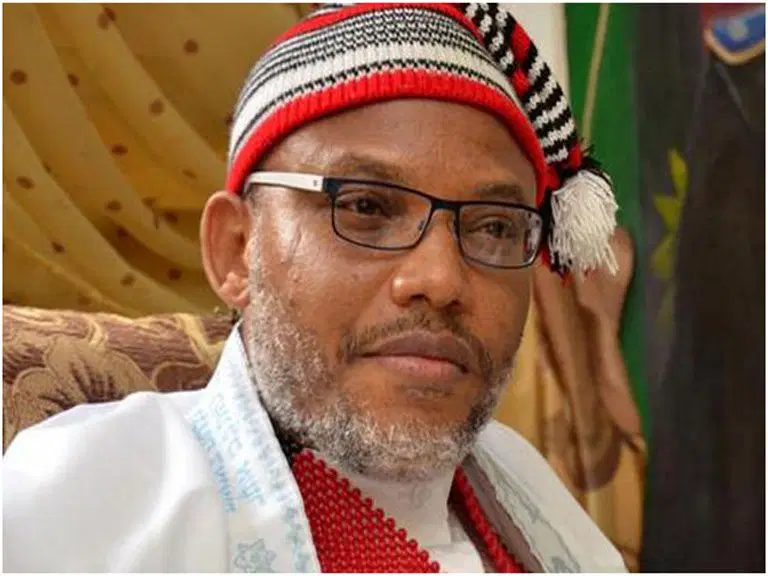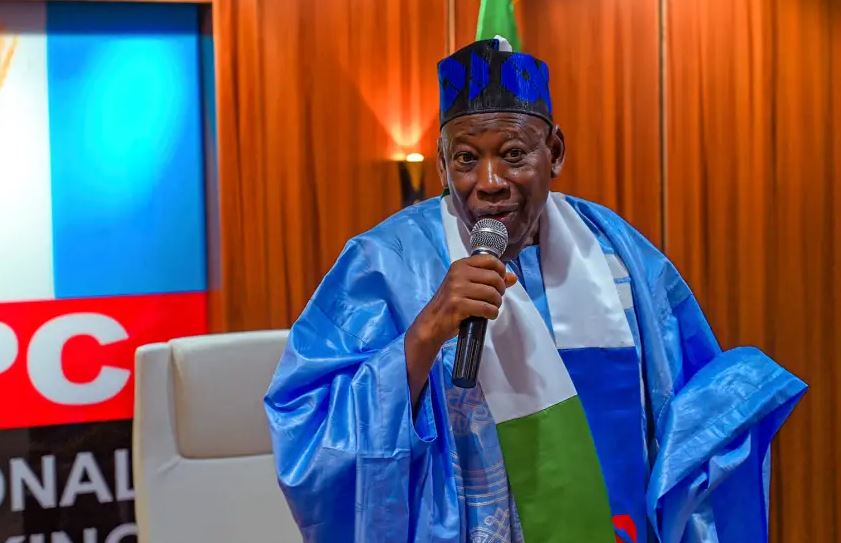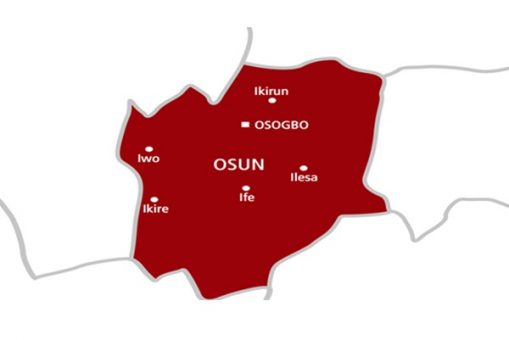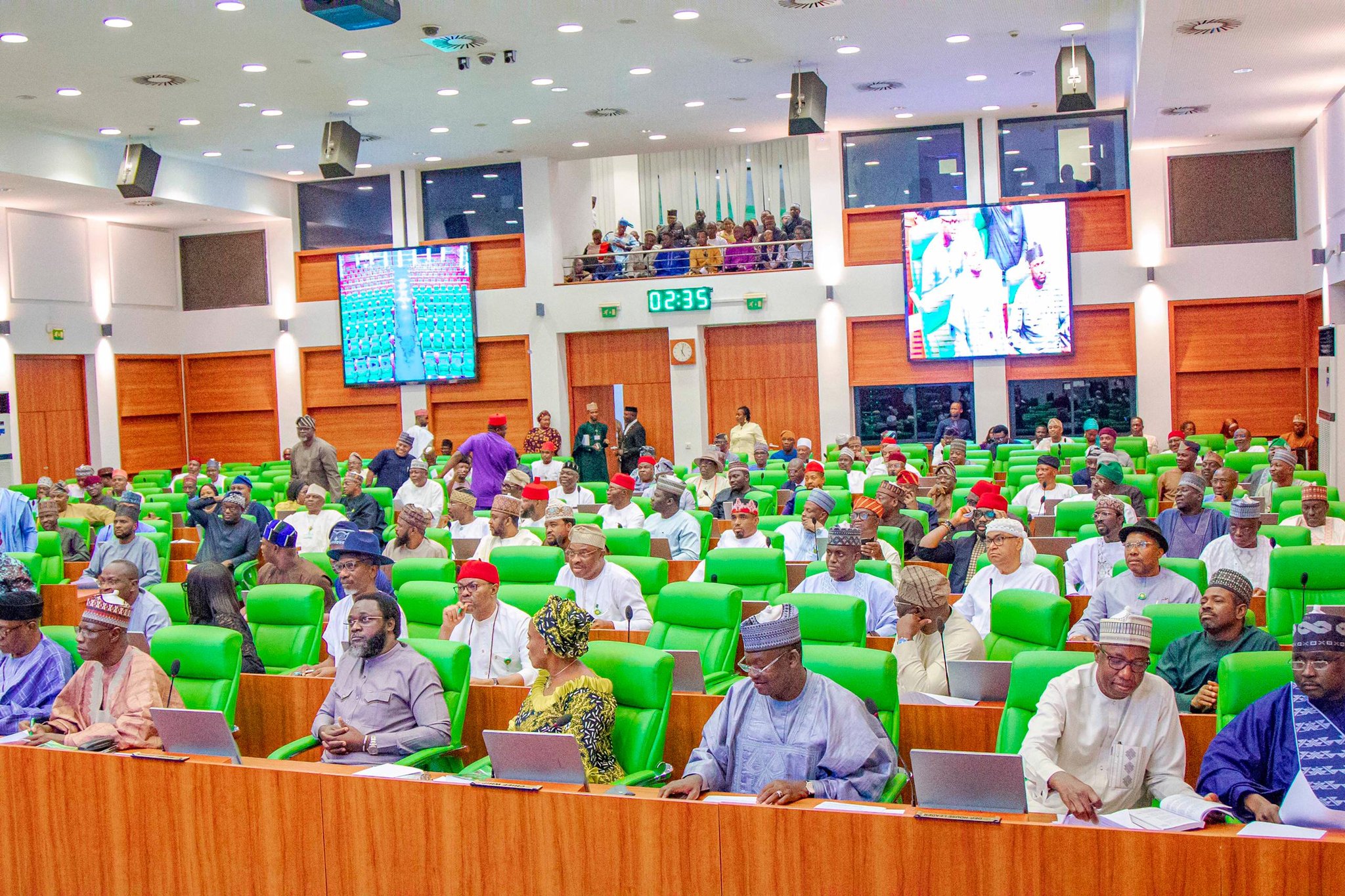Ahead of the November 20 ruling in the terrorism case against Indigenous People of Biafra (IPOB) leader, Mazi Nnamdi Kanu, youths from the South East have appealed to Justice James Omotosho to weigh the potential impact of the decision on the peace and stability of the region.
The appeal was made in an open letter addressed to the judge by the South East Youth for Good Governance. The group linked the tension and insecurity in the region to Kanu’s prolonged detention, warning that a negative judgment could further destabilize the South East.
In the letter signed by the group’s President, Dr. Silas Eke, and Secretary, Ifeanyi Asiegbu, the youths urged Justice Omotosho to consider the emotional, social, and economic implications of the case.
The letter read in part:
“We appeal for compassionate judicial consideration in the ongoing matter involving Mazi Nnamdi Kanu. It is widely acknowledged that his prolonged detention has had deep emotional and economic effects on the South East. He remains a central figure whose continued incarceration has contributed to rising tension, restiveness, and uncertainty.”
The youths said Kanu commands significant influence across the region, adding that decisions affecting him tend to have widespread impact on the people.
They argued that his release—through any lawful discretion available to the court—would help restore calm, promote dialogue, and reduce agitation.
“His release will not only rebuild trust but also serve as a step toward national healing, reconciliation, and unity,” the group said.
The youths stressed that their letter was not an attempt to interfere with the court’s independence, but a respectful appeal to highlight the broader humanitarian concerns tied to the case.
Read Also;
IPOB Appeals to 21 Foreign Missions, Seeks Global Intervention for Nnamdi Kanu’s Release
“We do not seek to influence due process. We only wish to draw attention to the wider social implications. We trust that Your Lordship, in your wisdom, will consider these factors within the confines of the law.”
They concluded by noting that Nigeria is at a sensitive point where acts of fairness and compassion from the judiciary can strengthen unity.
“We remain hopeful that the court’s decision—guided by your integrity—will open the door to peace, stability, and mutual understanding,” the letter said.




